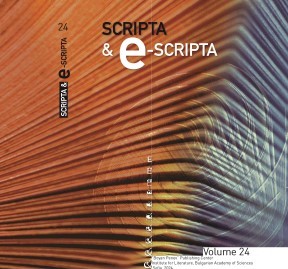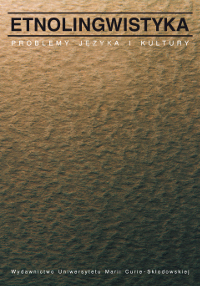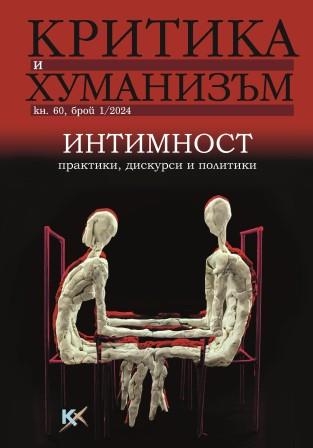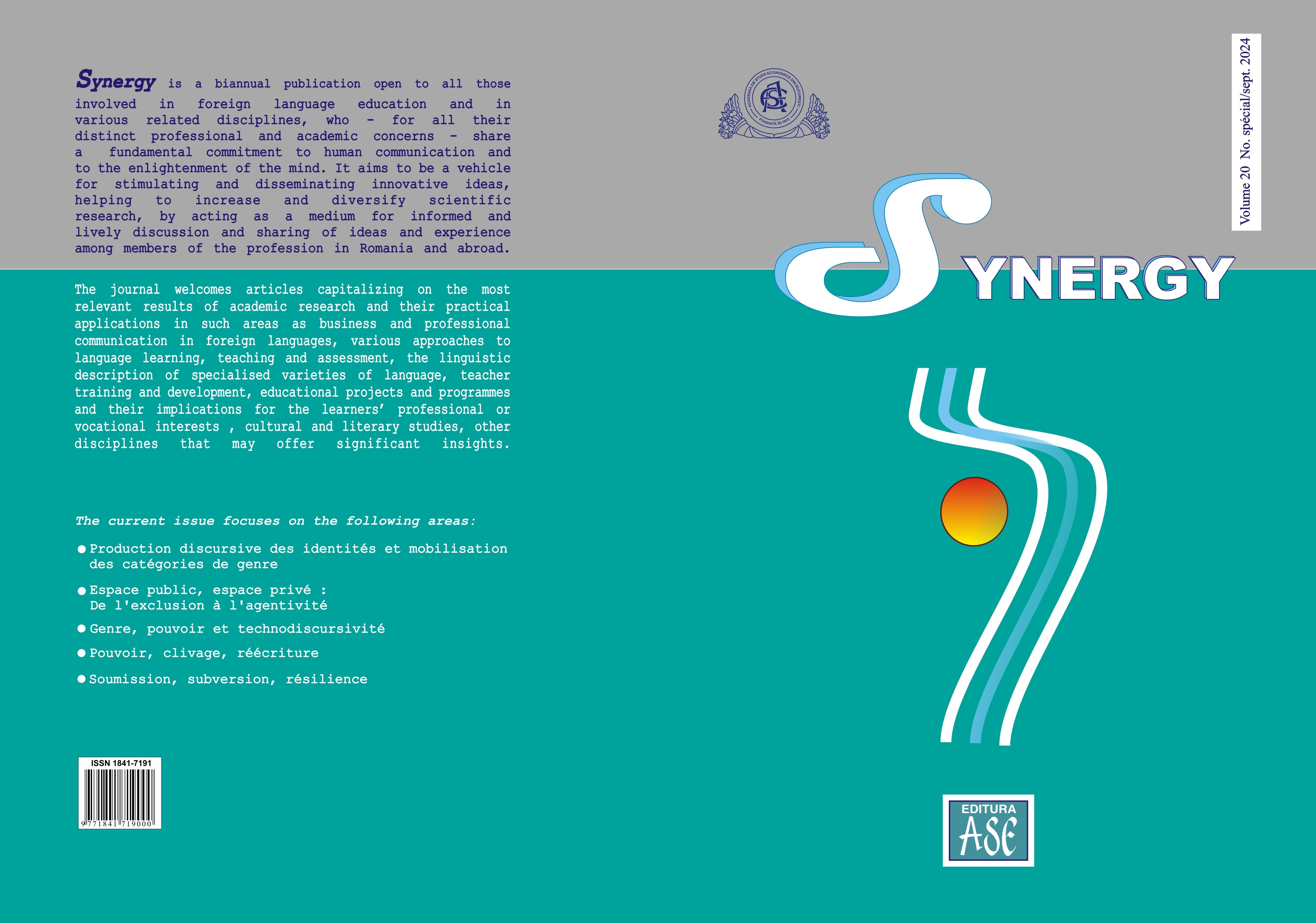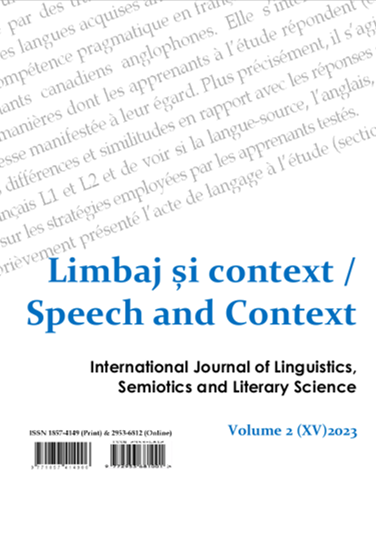
CARMEN SYLVA : OBSERVATIONS SUR UNE SÉLECTION DE SON ŒUVRE EN LANGUE ROUMAINE (PROSE ET POÉSIE)
The linguistic and translation approaches to fragments of the work of an author such as Carmen Sylva illustrate her influence in a specific spatio-temporal context as well as the place that her creation occupies in a particular field of specialty literature. This dimension gives the opportunity to point out certain aspects of Carmen Sylva's personality which are likely to have an impact on the language used in the fragments submitted for analysis. In a world where the diversity of languages asserts itself as an integral part of intangible heritage within the meaning of UNESCO, the plurilingualism of speakers in a given community is also indicative of multiculturalism, but also of the maintenance of the funds specific to each of it to which its members are likely to connect in order to express their deepest feelings. Furthermore, knowledge of the context is necessary for the full understanding of the author's message, whether in prose or verse; and its transposition into another language which maintains its harmony and integrity.
More...
